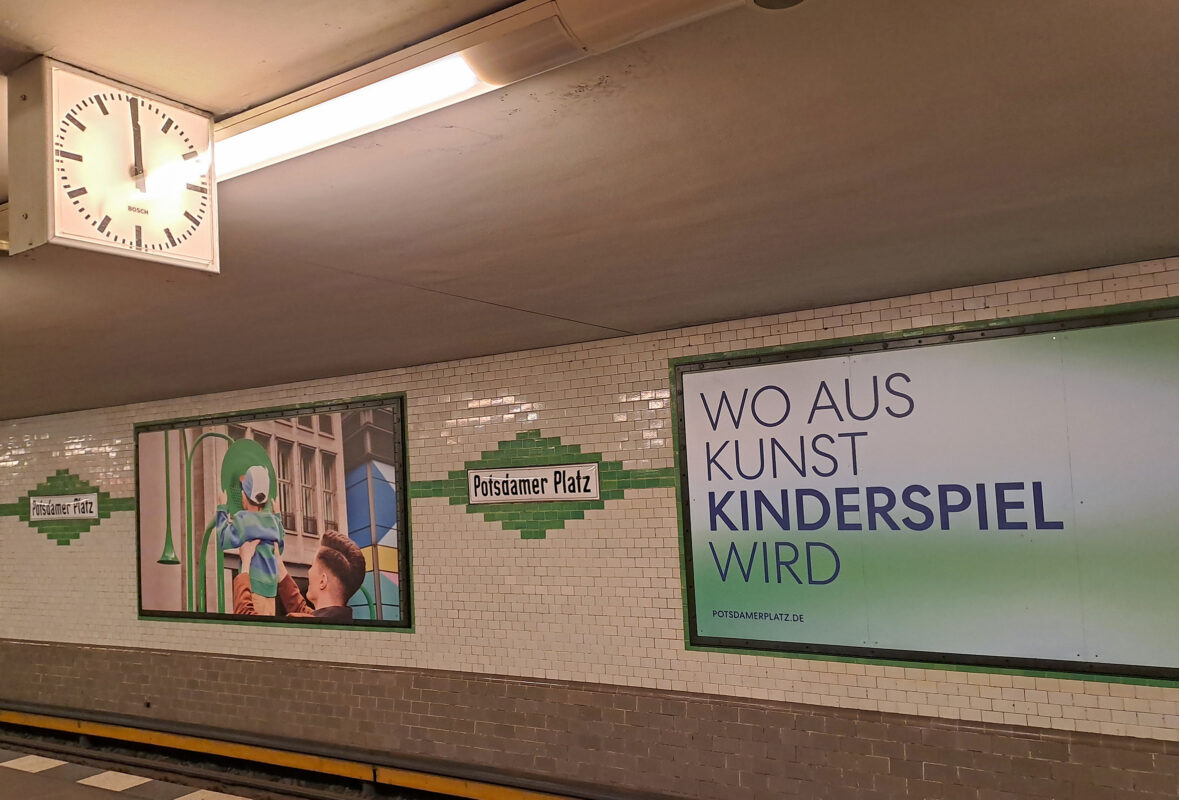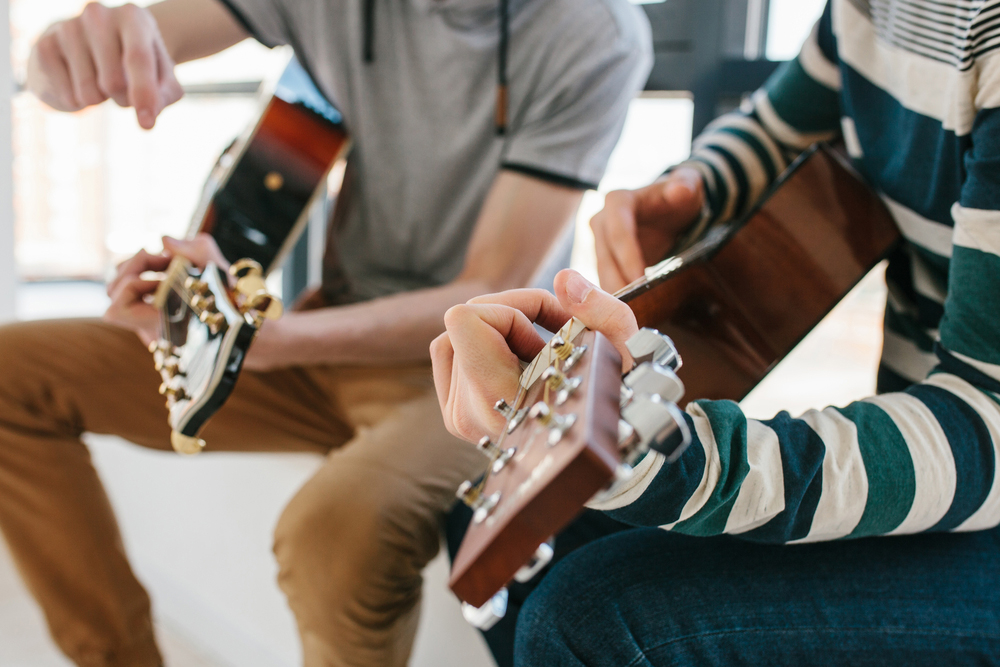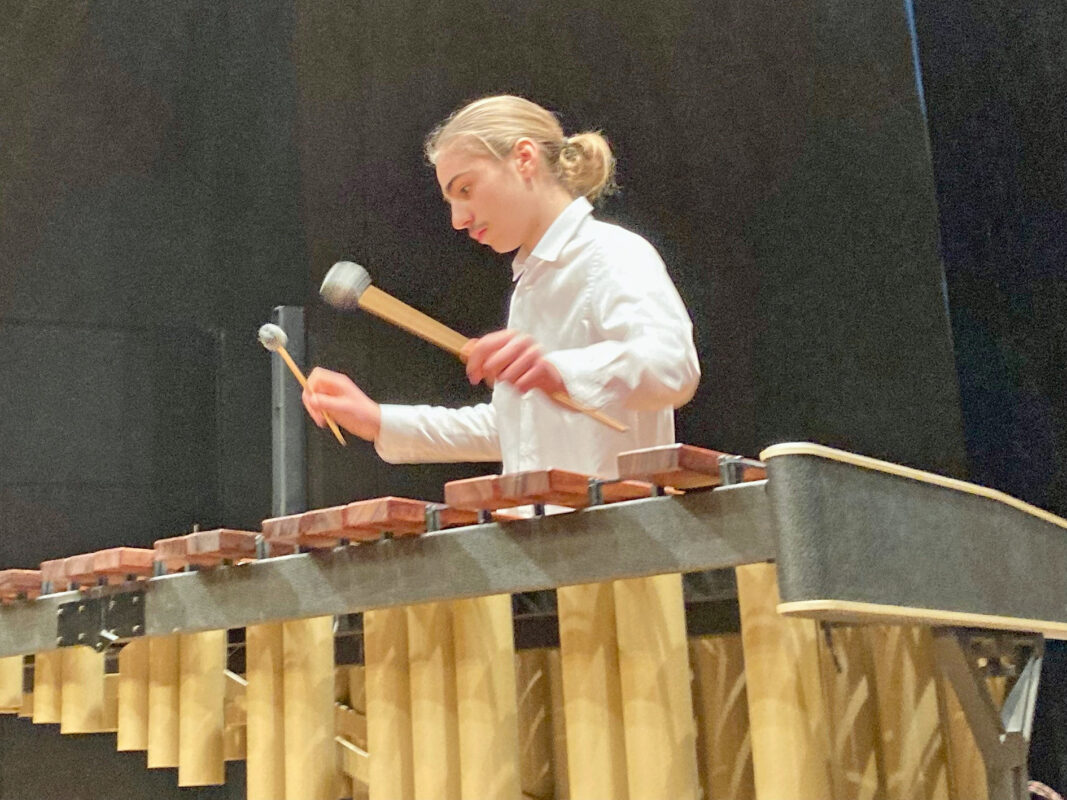25 years of Mus-e
From October 28 to 30, 2018, the success story of Mus-e was celebrated at an international conference accompanied by concerts. The Bern-based project has reached over one million schoolchildren to date.
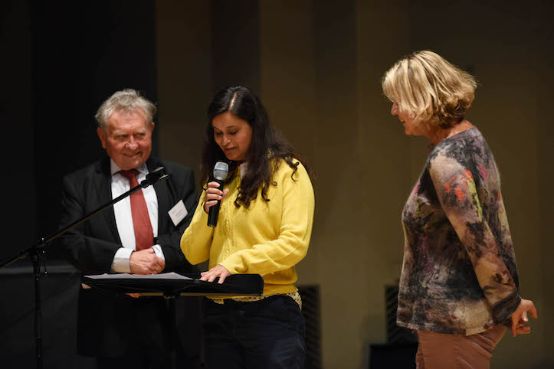
In the final, official part of the three-day conference, Franziska Teuscher, Councillor and Director of Education, Social Affairs and Sport of the City of Bern, and Hans Ulrich Glarner, Head of the Office of Culture of the Canton of Bern, offered their congratulations to the "birthplace". Mus-e was first tested in 1993 at the Muesmatt School in Bern. The program was initiated by Yehudi Menuhin, the famous violin virtuoso (1916-1999). Werner Schmitt, cellist, former director of the Bern Conservatory and co-founder of Mus-e, was able to show the audience at this anniversary event a short film clip of the meeting in Gstaad when he drew up the guidelines together with Menuhin, Marianne Poncelet, Ernst W. Weber and other experts from ten countries.
The vision of that time is now a reality for thousands of school classes in twelve European countries and Israel. More than one million pupils have been able to develop their creative potential thanks to Mus-e.
Mus-e brings the arts into schools: For two years, artists from all disciplines such as music, theater, video art or dance are present in a school class, primarily in elementary school with a high proportion of children with a migration background. Two lessons a week within the compulsory timetable, professional artists work together with the responsible teachers in the classroom. The art form changes every six months.
An old but very vital couple
Jürgen Oelkers, Professor Emeritus of General Pedagogy at the Universities of Bern and Zurich, added depth to the ceremony with a lecture on the topic of "Education and Music: An Old Couple". He explained that education and music were not only closely linked in antiquity, but that music played a prominent role in the educational canon. In today's public schools, music is a marginal subject and creative solutions are needed to provide good lessons under these conditions. But it is indispensable. "Education that lacks music is no education. The reason has been known since the Greeks: it is music that determines the inner balance of the human being and thus holds the intellectual forces together."
"Musical education," Oelkers continued, is "a lifelong challenge that schools do not close, but open up." He considered music lessons at public schools to be "clearly underfunded" and suggested that afternoons or weekends should be dedicated to music-making in cooperation with local music schools and that all children should be allowed to take part. Doing nothing would mean an "increase in musical illiteracy, perhaps the worst educational gap there is".
-
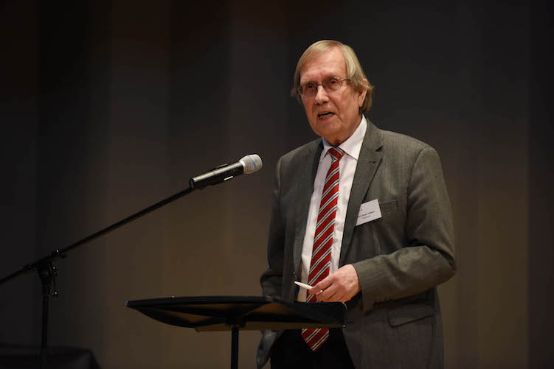
- Jürgen Oelkers during his presentation
Picture above from left: Werner Schmitt, co-founder of Mus-e, Anna-Magdalena Linder, President of the Mus-e Association Switzerland/Principality of Liechtenstein, Marianne Poncelet, co-founder of Mus-e






